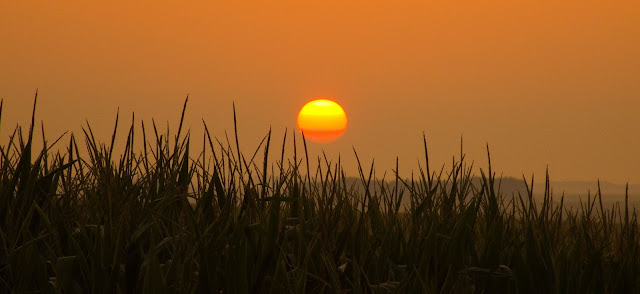Whenever I mow a certain patch of grass just thirty feet west of our back door, an incident comes back to me from a memory that will not die. What I feel when mowing the grass right there at that spot is pain and anger, and the incident that triggers it happened decades ago.
When my daughter was in middle school, she was unceremoniously booted from the clique in which she’d been running. That night, she cried herself to perilous sleep, nearly refused to go back to school the next day, and wouldn’t eat for a weekend. Her father didn’t understand. Her mother did; she’d once been a middle-school girl herself.Why that incident rises specter-like from mowing a certain section of backyard is Twilight Zone-ish, I suppose; but what I feel at that moment—every summer weekend—is embarrassingly identifiable: it’s anger, no, rage. Even though the mower is roaring, a certain junior high girl flashes her fangs from my memory, while her parents smile innocently. That’s what I see. I’m fine when I get to the sidewalk.
My daughter, our oldest child, was suffering, and her father, himself a child as a parent, was only beginning to understand that about some things he couldn’t do a blasted thing. I hated both the kid who kicked her out and the kid’s parents, and that hate found a place in my memory to settle permanently.
My daughter went on to college, marriage, a career, and is today the mother of three. The girl who tossed her out is married with kids, too. I don’t hate her any more than I do her parents, who themselves are as proud of their kids as we are of ours. But every time I mow a certain patch of grass—I swear it!—I get dragged back to a painful moment in my life as a father, by a memory I do not control. I get mad.
Not long ago I visited a classroom where students had been required to read stories I’d written. In preparation, I looked those stories over, not having read them for some time. When I did, what returned as colorfully as my weekly mowing pain, was my state of mind when I wrote certain passages. No one else on the face of the earth would recognize what I felt, but reading those stories was like turning back the pages of an emotional journal I don’t keep but was kept for me by something mysterious in my heart or soul—I don’t know which.
There’s a great deal of shame in Psalm 25, and not a whole lot of trust. Of shame, David wants less; of trust he’s claims he needs so much more.
The roads we travel get planted with IEDs, some of which we bury
ourselves. When I go captive to some spooky part of my own
sub-consciousness, I can’t help but be amazed at the sheer power of the human
mind and spirit to deal with the depth of our darkest memories. There’s more
going on than we are aware of, Horatio, in our minds and hearts, more considerable
darkness than I might know.
“Guide me in your truth and teach me,” David says, “for you
are God my Savior,/and my hope is in you all day long.”
Even when I’m cutting my lawn.

No comments:
Post a Comment